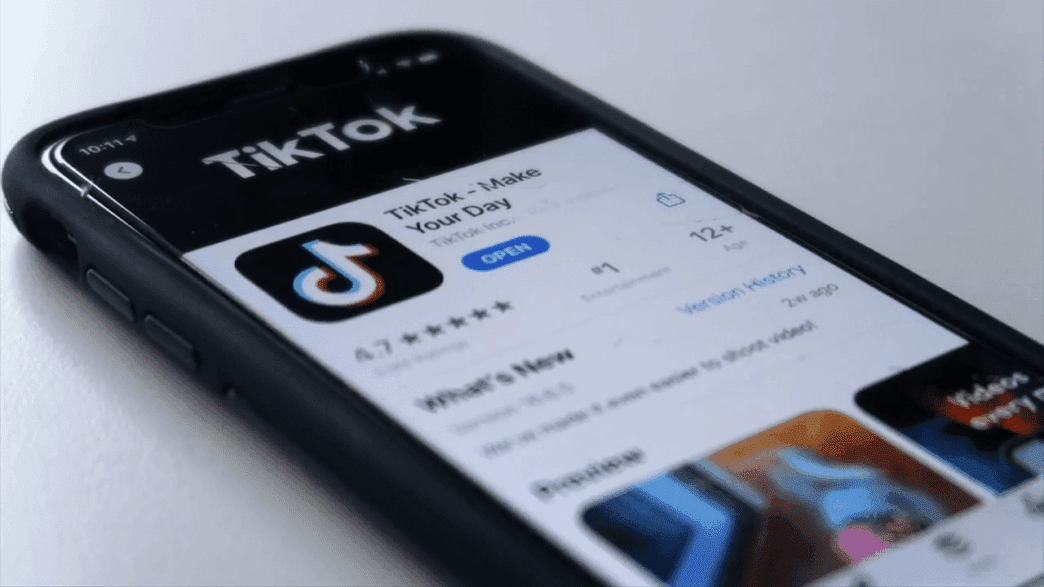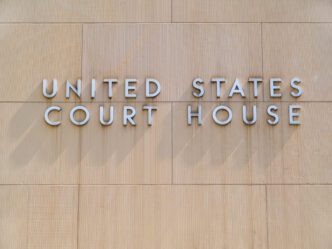The looming question of whether TikTok will face a ban in the United States has creators and small business owners on edge as they await a critical decision from the Supreme Court set for January 10. This ruling will determine if TikTok must sever ties with its Chinese parent company, ByteDance, or face a ban, raising significant First Amendment concerns.
The U.S. government views TikTok as a national security risk, a perspective that TikTok and its supporters argue infringes on First Amendment rights. Creators have faced similar threats of a ban since attempts by President-elect Donald Trump during his first term. Now, with the Supreme Court as the final authority, the threat feels more immediate.
For creators like Gillian Johnson, a 22-year-old filmmaker and recent college graduate, TikTok has been instrumental in funding her projects like ‘Gambit’ and ‘Awaken! My Neighbor.’ The possibility of the platform disappearing poses a significant challenge. Many creators have already expressed their frustrations and uncertainties online, facing the potential disruption of their communities and economic losses.
While some creators contemplate their future on the platform, others remain cautiously optimistic. Nicla Bartoli from The Influencer Marketing Factory observes that many creators are skeptical of an actual ban, given its frequent appearances and subsequent dissipation in public discourse over the years.
The outcome from the Supreme Court remains uncertain, though the court could potentially block the law swiftly if deemed unconstitutional. Meanwhile, Trump has requested the court to delay the ban, seeking a negotiated resolution—a pursuit the current administration has not achieved. Thus, creators are exploring various platforms like Instagram and YouTube as alternatives.
According to a Goldman Sachs report, the creator economy, partly driven by TikTok, could reach $480 billion by 2027. Many creators have begun diversifying their social media presence, acknowledging TikTok’s unique algorithm that offers exposure not matched by other platforms, particularly aiding creators of color and marginalized groups.
Edward East from Billion Dollar Boy advises creators to archive their TikTok content for potential future use on other platforms, maintaining their audience base should TikTok access be restricted. Despite apprehensions, some creators, such as Brandon Hurst, have remarkably benefited from TikTok, growing businesses beyond their expectations.
As the January 19 deadline looms closer, the impact of a ban could reduce TikTok’s daily U.S. users by a third within just a month, presenting significant long-term consequences for the platform. The industry awaits the Supreme Court’s decision, keeping a watchful eye on how events unfold.
The approaching decision from the Supreme Court on TikTok’s future leaves creators and businesses in an uncertain state, weighing the balance between national security concerns and the freedoms of expression and commerce. As the hearing date nears, creators are strategizing possible alternatives, hoping for a resolution that allows them to continue thriving in the digital ecosystem.
Source: Wsvn








